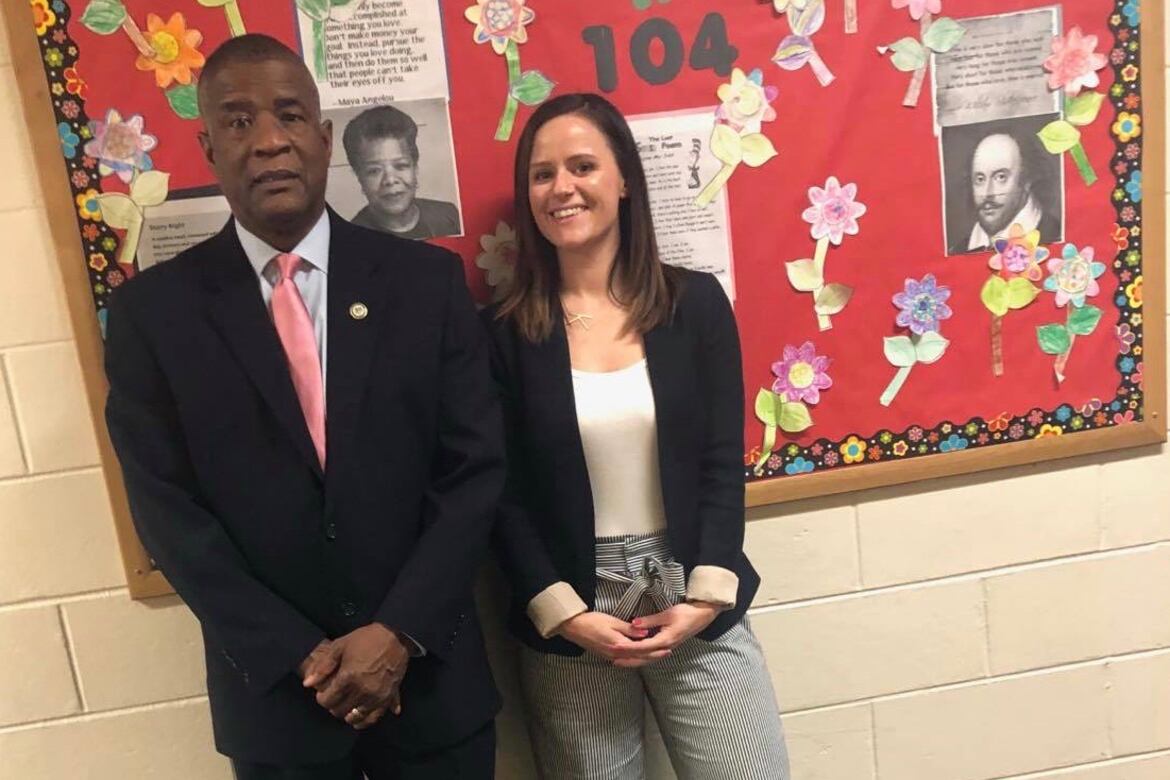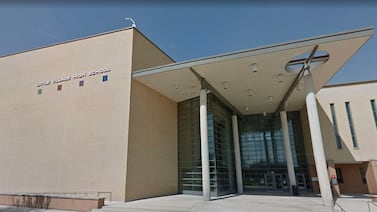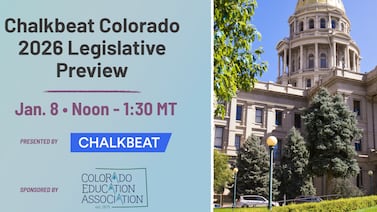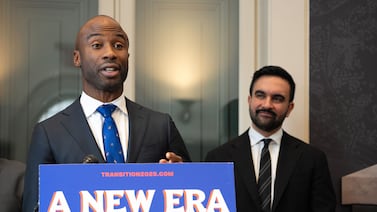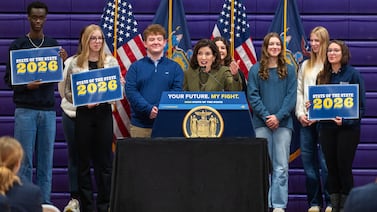Administrators at Universal Daroff Charter School in West Philadelphia are appealing the decision by the city’s Board of Education to not renew its charter status.
Though it’s unclear when the Charter Appeals Board in Harrisburg will rule, the school is optimistic about the outcome.
Penny Nixon, superintendent and CEO of schools at Universal, said their students are learning. “This notion that we cannot educate our children is false and must be addressed.”
Daroff prides itself in educating students who come from some of the city’s most impoverished neighborhoods. Located at 56th and Vine in West Philadelphia, it’s one of two charter schools under the Universal umbrella slated for closure. The other is Universal Bluford, at 57th and Media in the Carroll Park section of West Philadelphia.
Universal has joined a coalition of Black-run charters in Philadelphia claiming systemic bias has led the school district to recommend their closure or non-renewal, at a much higher rate than other schools. They say that Black and Latino charter leaders operate 19% of the charter schools in the city, yet account for 87% of those recommended for closure or non-renewal in recent years.
Bluford and Daroff have underperformed their peers on academic and management measures. The charter office rated both the lowest among the district for finances and administration. Both district reviewers and classroom observers noted poor board practices and “mixed” levels of quality instruction and student performance.
Nixon argued that both Bluford and Daroff outperform schools serving a similar demographic. She’s confident that a fair comparison with district neighborhood schools would show Universal Bluford and Daroff deserve applause and appreciation.
“Our schools are not perfect, and there are minor operational issues that we have addressed,” she said. “However, there is nothing that substantiates a non-renewal recommendation given the great work that we have done turning around both schools that were failures under the school district.”
She said the renewal system is broken and that any bias must be eliminated.
James Ruffin, Daroff’s principal, acknowledged the school faces some behavioral problems. ”But if you look at Daroff students, they are hungry for knowledge and they want what every student wants,” Ruffin said. “I also want to dispel the myth that our parents don’t care about their kids. They want the best for their kids.”
Nixon alleges the Charter School Office did not follow its own process by failing to send both schools in writing its final non-renewal recommendation before making it public.
In an April 9 email, the Charter Schools Office stated that it didn’t send the reports because it hadn’t been informed nor could it identify the CEO of either school.
“This claim by the CSO was both puzzling and inaccurate,” Nixon said.
“In my capacity as superintendent of Universal Schools, I have been the CSO’s point of contact for both schools for their previous charter renewals and the recipient of the ACE [Annual Charter Evaluation] reports for both schools for the past five years,” she said. “Therefore, it is not clear as to why the CSO would not have sent the reports to me or at least have contacted my office to ascertain where the final reports should be sent.”
Philadelphia has more than 80 charter schools, enrolling more than 75,000 students.
Daroff and Bluford together serve 1,250 students. The schools are among the city’s Renaissance charters, which are public charter schools and can only enroll students from their neighborhoods.
When they ran Philadelphia schools, the state and the School Reform Commission created the Renaissance Schools initiative in 2010 to try to turn around low-performing elementary and middle schools. But 10 years later, critics who say Renaissance campuses remain low performing have pushed for abolishing the initiative.
“Remote learning takes a tremendous amount of effort,” Ruffin said. “The silver lining has been my teachers and students are learning so much more about technology and platforms, that once we go back to face to face it will push our entire program to the next level.”
The school teaches from an online program called i-Ready that also enables it to test students to see what they’ve learned and how well they’re meeting state standards, said Katie Hollenbach, assistant principal at Daroff.
“The program is used to supplement the core curriculum and as an additional resource for targeting diverse learners and skill sets. It also helps the school diagnose and tier instruction based off of students’ needs,” Hollenbach said.
Nixon believes the charter schools will win their appeals.
“Universal feels strongly that when the charter school law is applied fairly and impartially by objective reviewers both Bluford and Daroff charters will be renewed,” Nixon said, “because renewal for both schools is what is fair, just, and equitable.”

